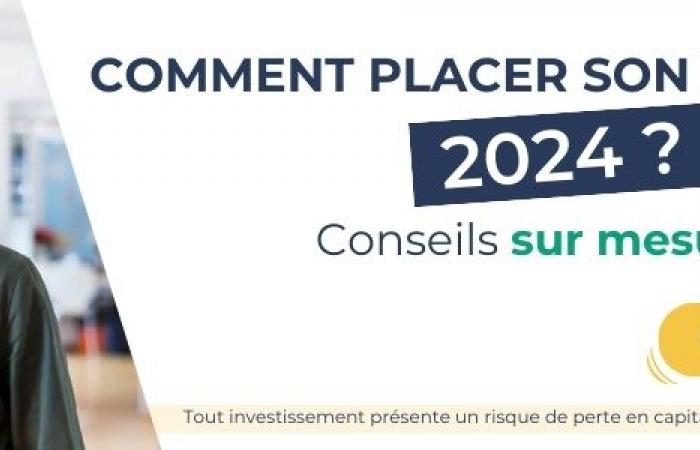The energy transition is at the heart of current concerns, and a new energy renovation system is preparing to transform the residential landscape. With annual costs estimated between €400 and €900, this program promises to improve the energy efficiency of homes while respecting household budgets. This ambitious project aims to reduce carbon footprint and encourage the adoption of sustainable solutions.
Find out how this device could impact your daily life and what opportunities it offers forr optimize the energy consumption of your home. Get ready to explore the benefits and implications of this innovative initiative.
Context and objectives of energy renovation
Faced with the climate emergency, government steps up efforts to reduce greenhouse gas emissions. The energy renovation of buildings is part of this approach, with particular attention paid to the energy performance diagnosis (DPE). The latter is now mandatory when selling or renting real estate, in order to inform buyers and tenants about the energy consumption of the home.
However, this device has attracted criticism due to its high cost and complexity perceived by households. A recent report highlights the upcoming introduction of a new measure which could accentuate these financial concerns.
Financial implications and household decisions
The new energy renovation system, although ambitious, could increase the financial burden on households. According to the report of the Court of Auditors, the annual costs linked to this program could vary between 400 and 900 euros per household. This additional expense risks influencing owners’ decisions regarding the renovation of their properties.
Indeed, despite the potential benefits in terms of energy savings and increased comfort, the initial investment could dissuade certain households from engaging in this work. It is crucial that the government supports this transition with appropriate financial assistance to encourage wider adoption and mitigate the economic impacts on households.
Issues and improvements in energy saving certificates
Energy Saving Certificates (EEC) play a crucial role in reducing energy consumption, but their administrative complexity and associated fraud pose a problem.
Since 2018, more than eighty orders have been published, making the system difficult to navigate for the stakeholders concerned. Moreover, the annual cost of CEEs, estimated between 400 and 900 euros per householdrepresents a significant burden.
To improve the efficiency of the system, it is essential to simplify administrative procedures and strengthen controls to prevent fraud. Furthermore, increasing subsidies could ease the financial burden on households while promoting wider adoption of energy-saving measures.






